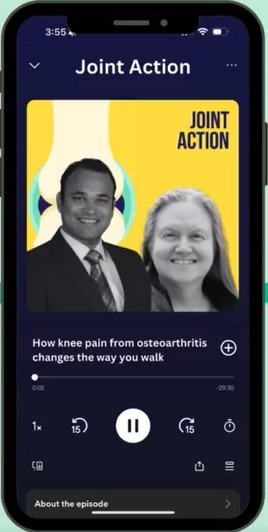News
Dr. Kumar spoke at the Pain Research Group at University of Iowa
Dr. Kumar was invited to speak at the Pain Research Group seminar at the University of Iowa on March 26, 2025.

New publication in Osteoarthritis and Cartilage
Congratulations Ehyun Kim on her new publication in Osteoarthritis and Cartilage!
Mechanisms underlying gait alterations in people with knee osteoarthritis remain unclear and which patients may benefit from biomechanical interventions to reduce knee loading needs study.
We observed that lower pressure pain threshold at the knee or the wrist, i.e., greater peripheral and/or central pain sensitization, was related to lower frontal plane knee loading during walking in people with knee osteoarthritis (n=104). While the cross-sectional analyses do not allow us to determine directionality or causality, it may be plausible that individuals with knee OA who are most pain-sensitized may alter their gait patterns—not entirely via reductions in gait speed—to reduce knee loading in an attempt to decrease knee pain. Plausibly, biomechanical interventions to reduce knee loading may be most appropriate for people with knee OA without elevated pain sensitivity.
Access full-text for free using this link (until April 15).
Dr. Kumar co-authored a chapter in the rheumatology textbook
The 12 edition of Firestein & Kelley's Textbook of Rheumatology was just published. Dr. Kumar again co-authored the chapter on "Treatment of Osteoarthritis"
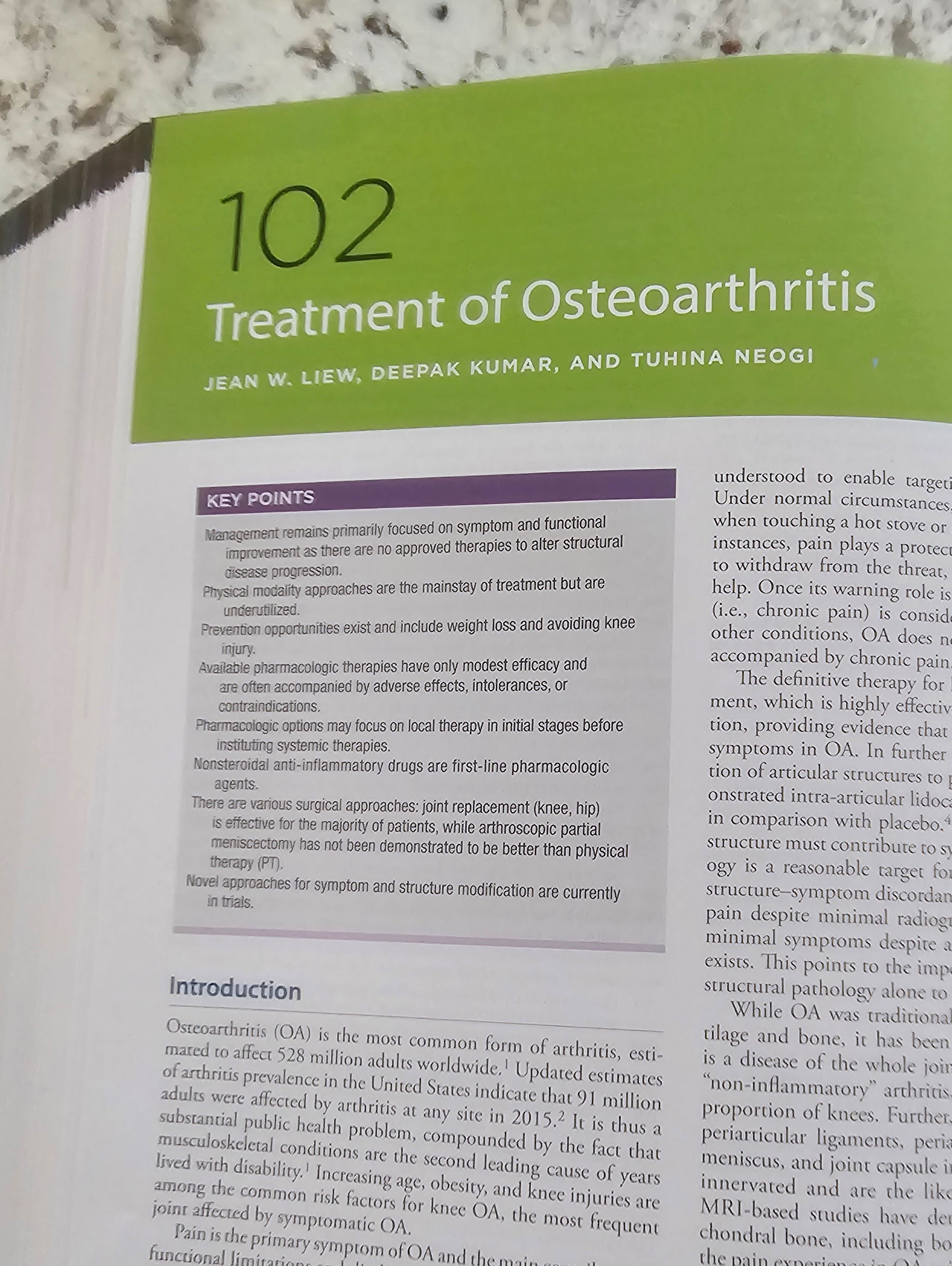

Dr. Kumar was at IIT Bombay!
Dr. Kumar taught lectures on measurement in biomechanics, inter-relations between chronic pain and biomechanics, and use of AI/ML in biomechanics at Indian Institute of Technology, Bombay in India.
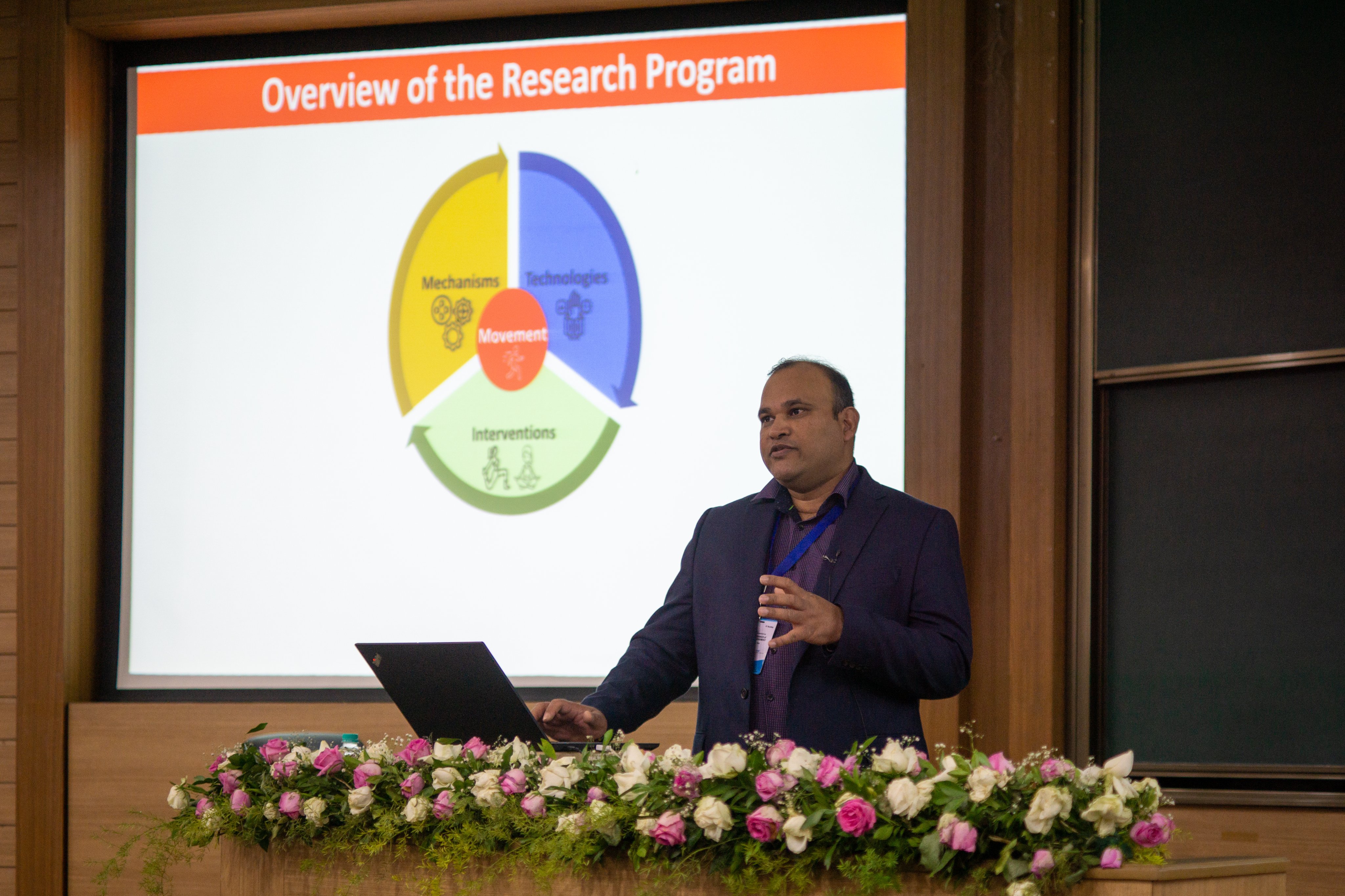
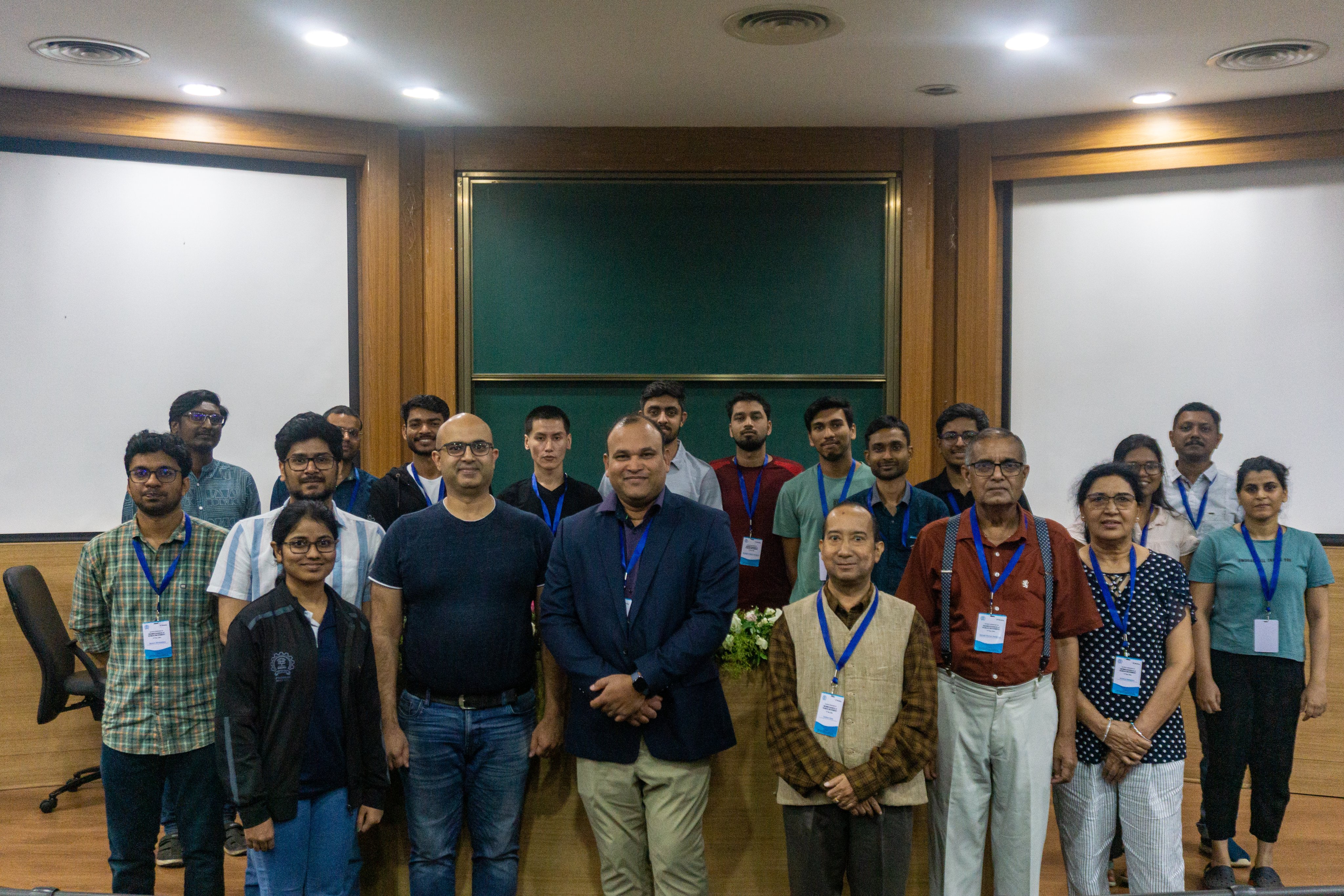
New conference paper at SIGGRAPH ASIA
New open-access publication on using a biomechanics- and topology-informed neural network for personalized design of knee braces. This was presented at SIGGRAPH ASIA by PhD student Xingjian Han.
Read more here.
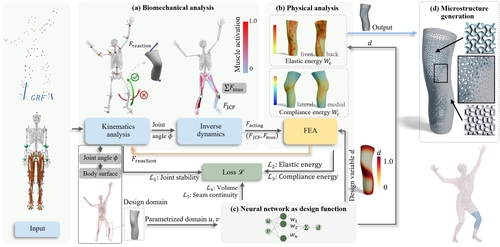
Welcoming Rhodora to our group!
Rhodora Therese Torres, PT, MS joined our group as a PhD student. Rhodora is a physical therapist trained in the Philippines with a Master's from Korea University.

Kayaking in the Charles!
We had a fun lab outing!





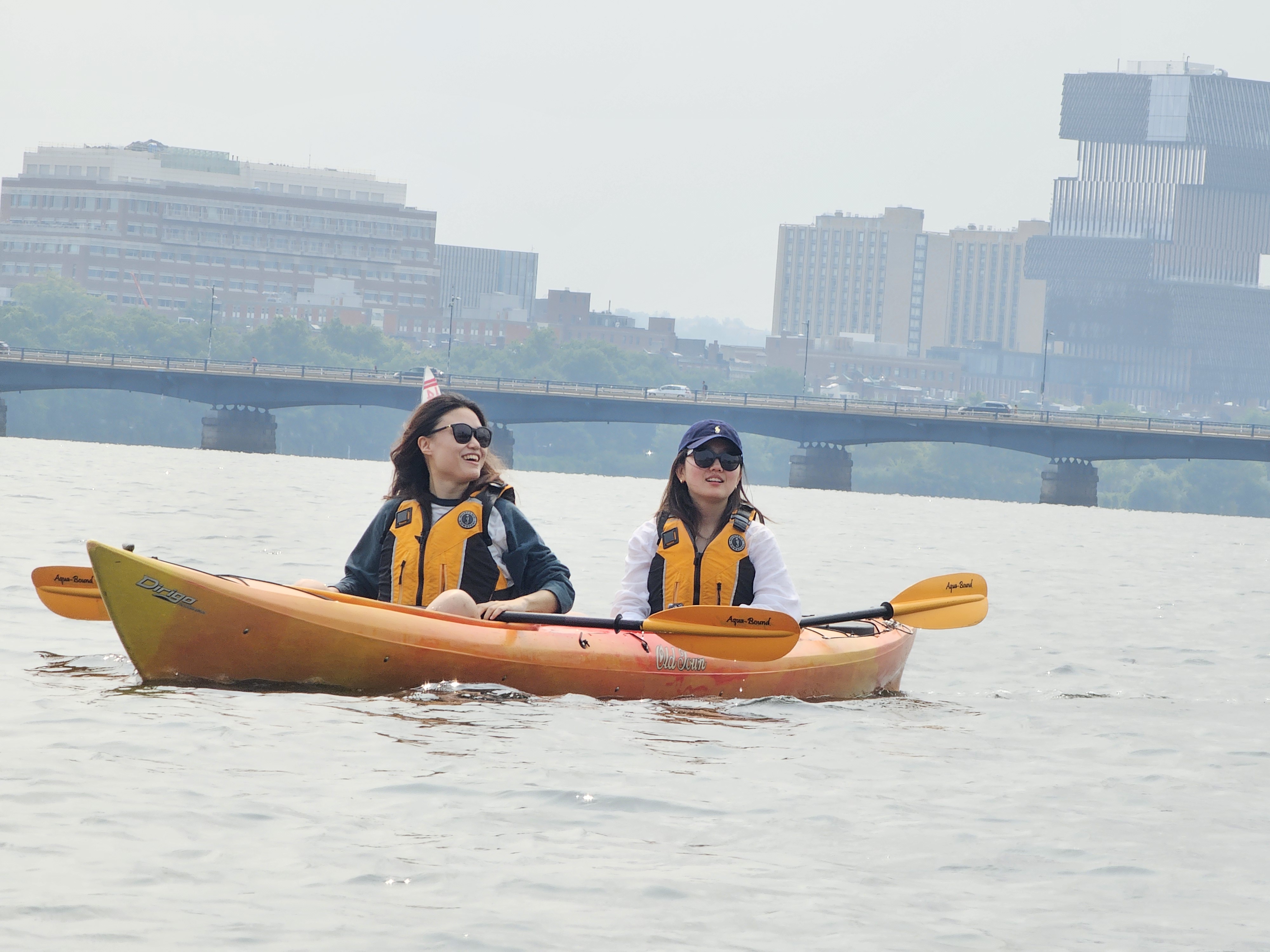

Introducing Dr. Soyoung Lee!
Dr. Soyoung Lee successfully defended her doctoral dissertation and will continue on as a postdoc at the University of Maryland School of Medicine. Congratulations Dr. Lee!!




We received a new 3-year NIH R21 grant!
We received a new 3-year NIH grant to continue our work on mindful exercise for people with knee osteoarthritis!
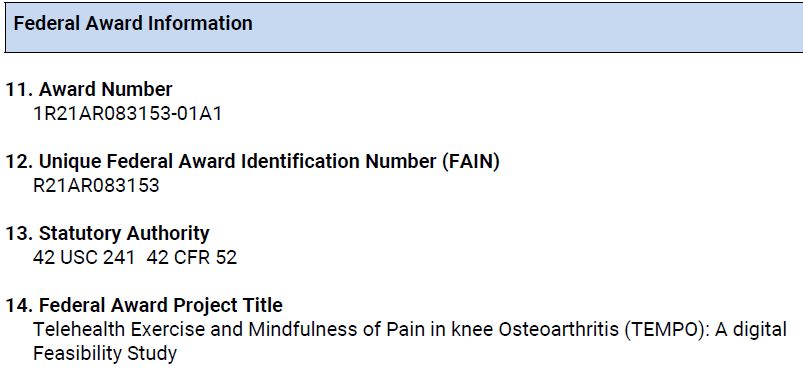
Dr. Kumar discussed our work on gait and pain in a podcast
Dr. Kumar and Dr. Bacon discussed our recent publication on the relation of gait measures with worsening pain and physical function with Dr. David Hunter on his Joint Action podcast. Listed to the episode here and read the paper here.
